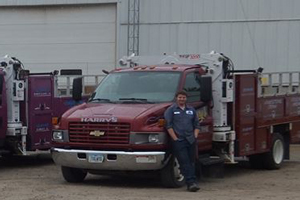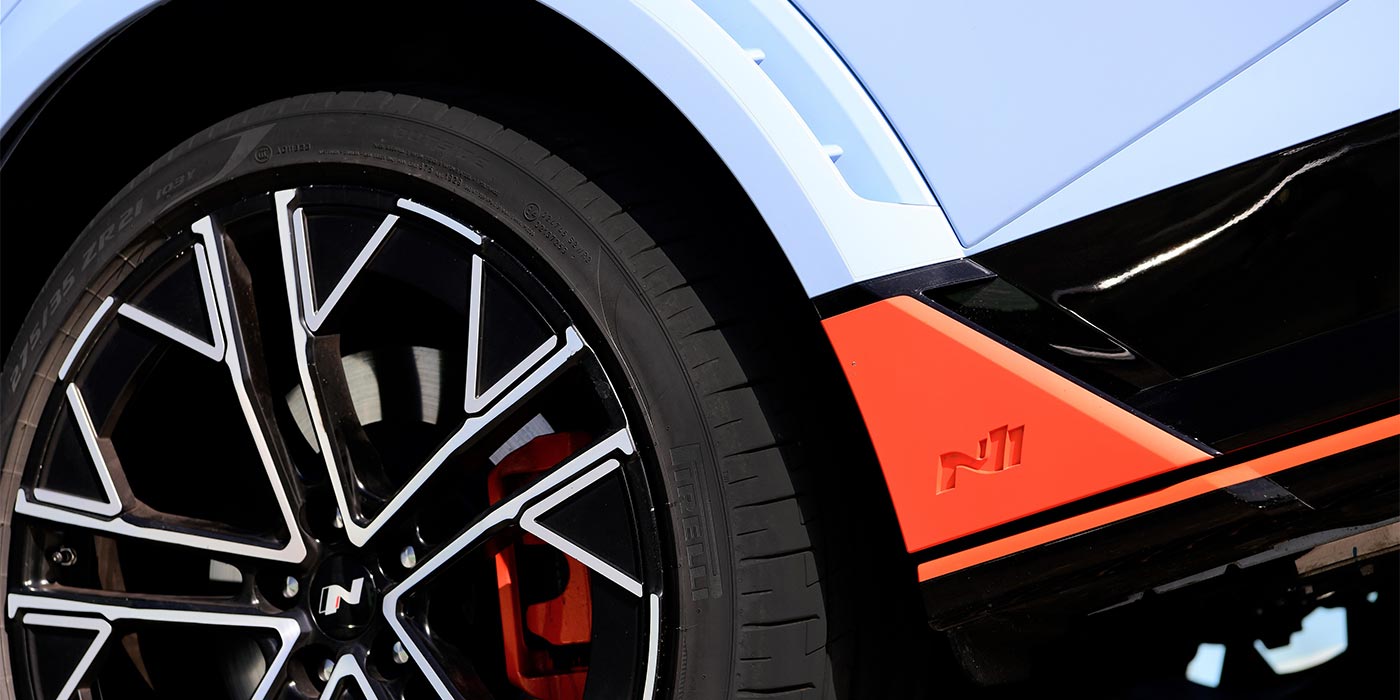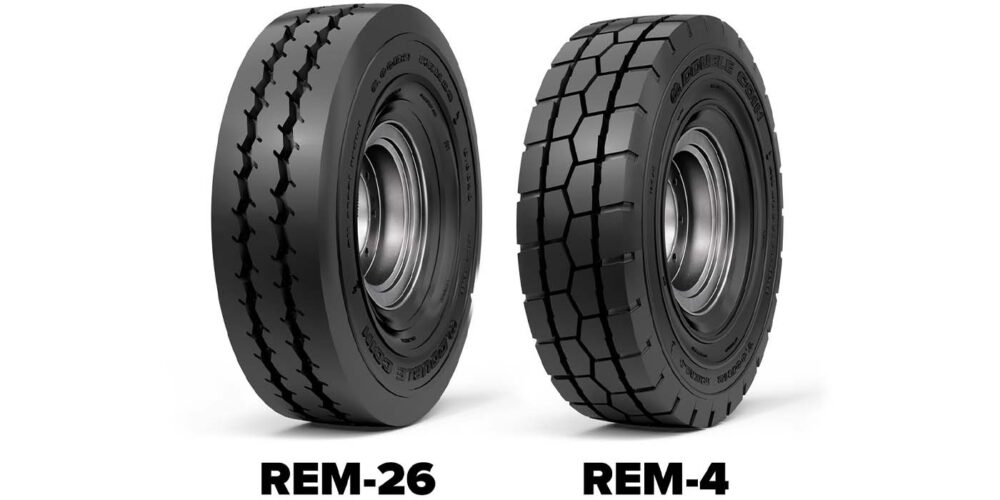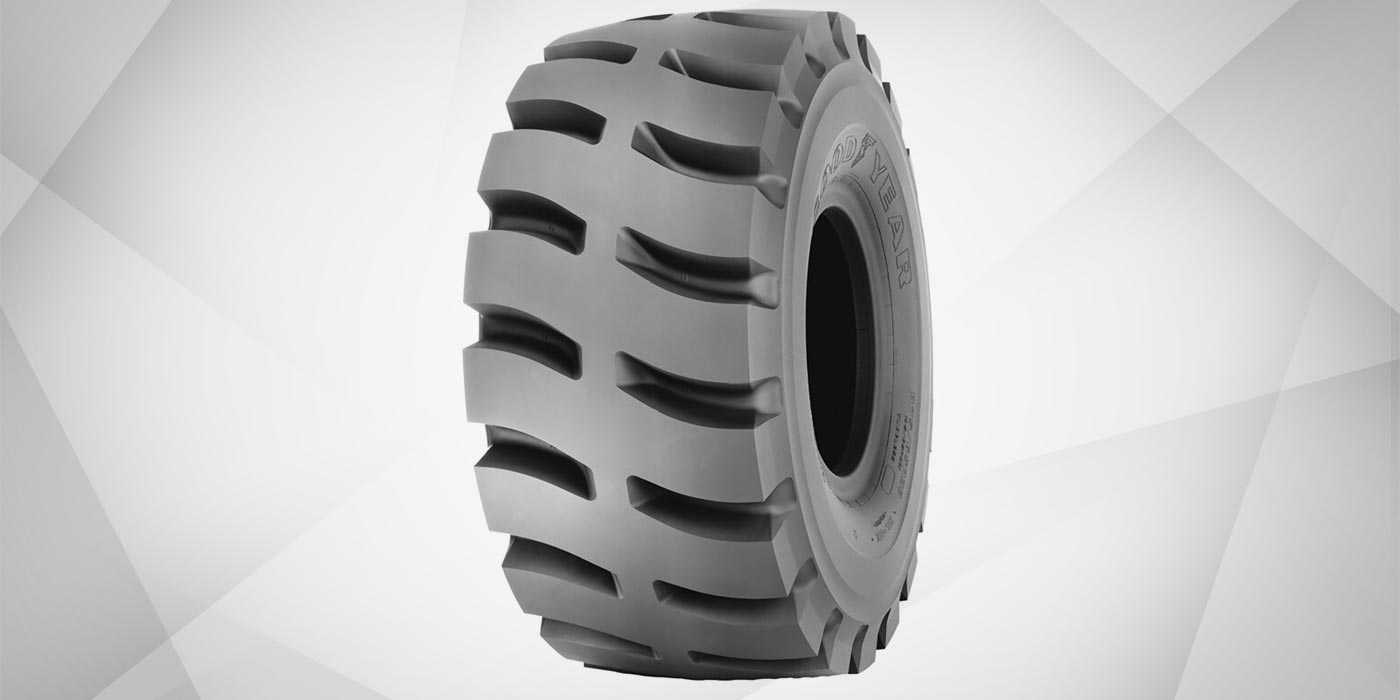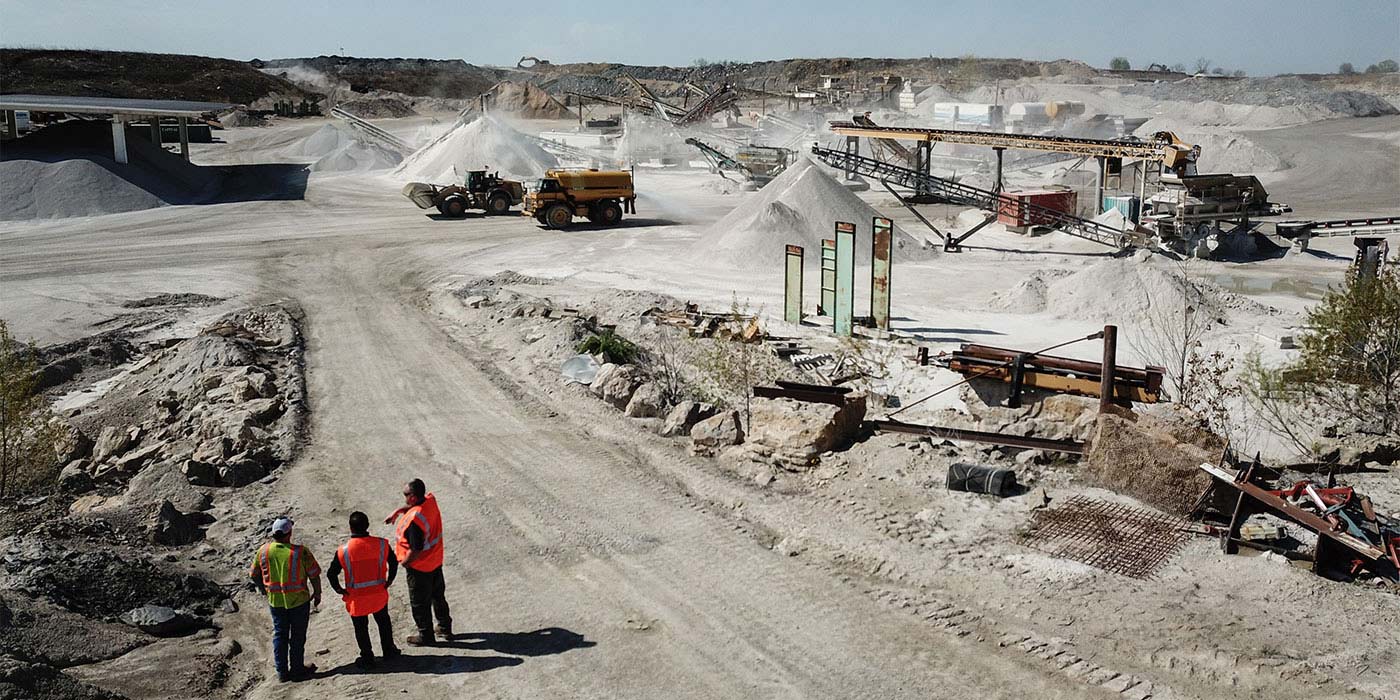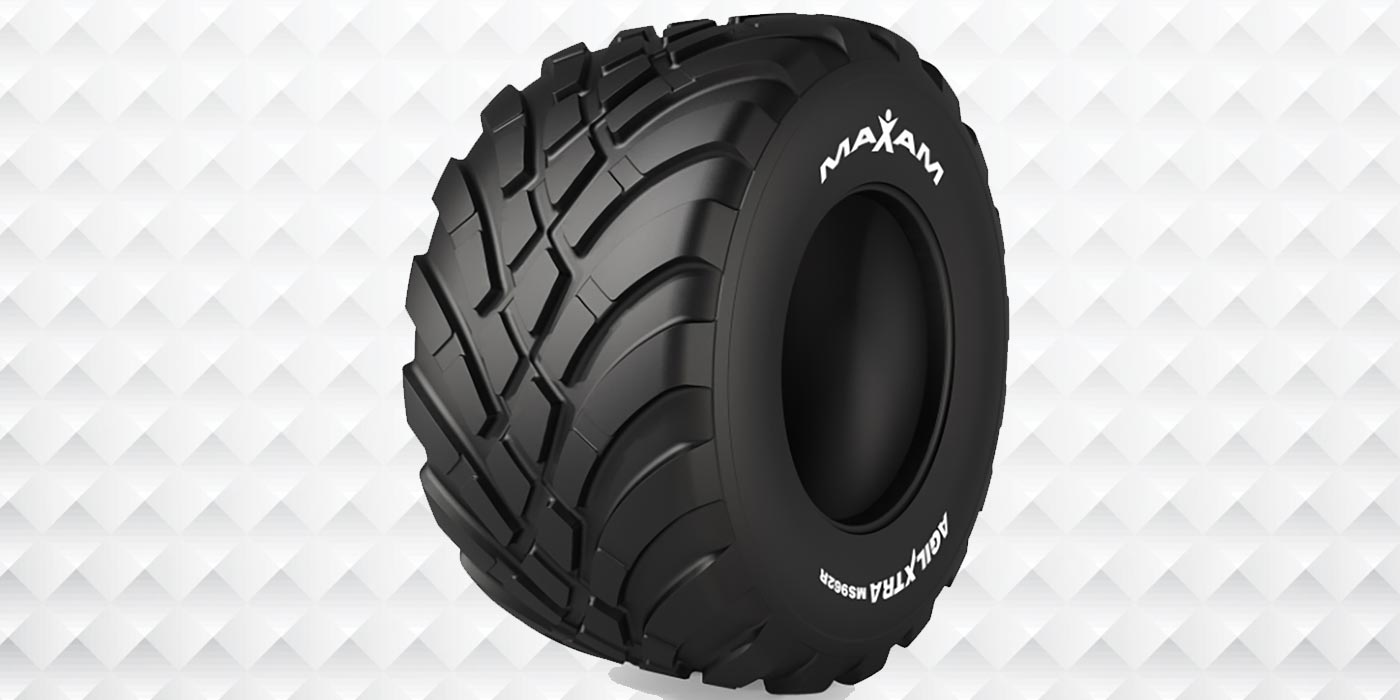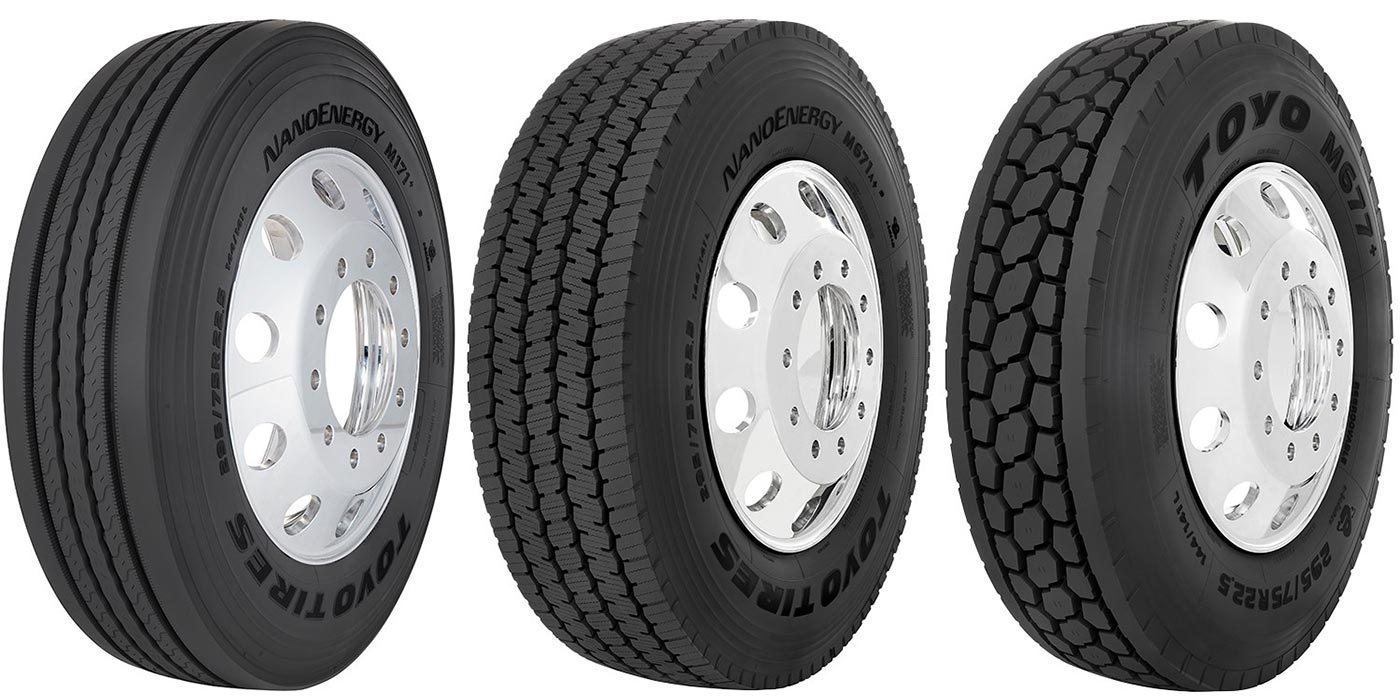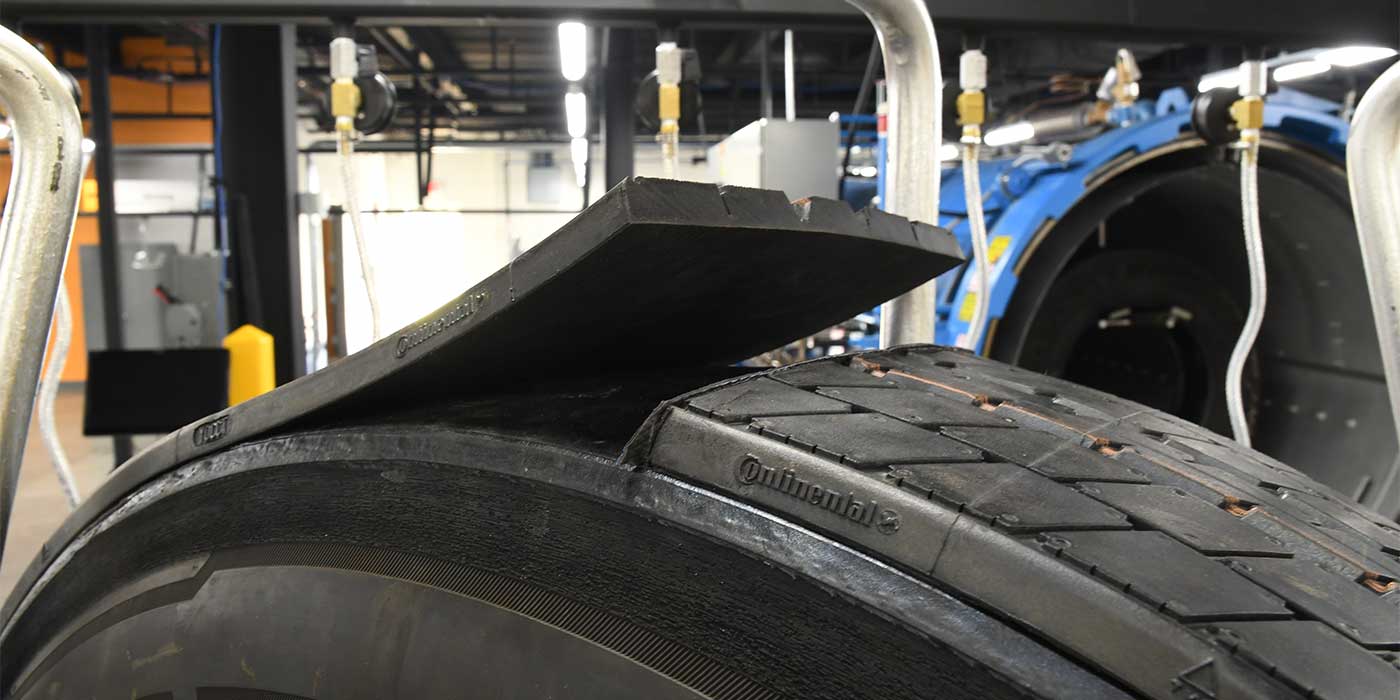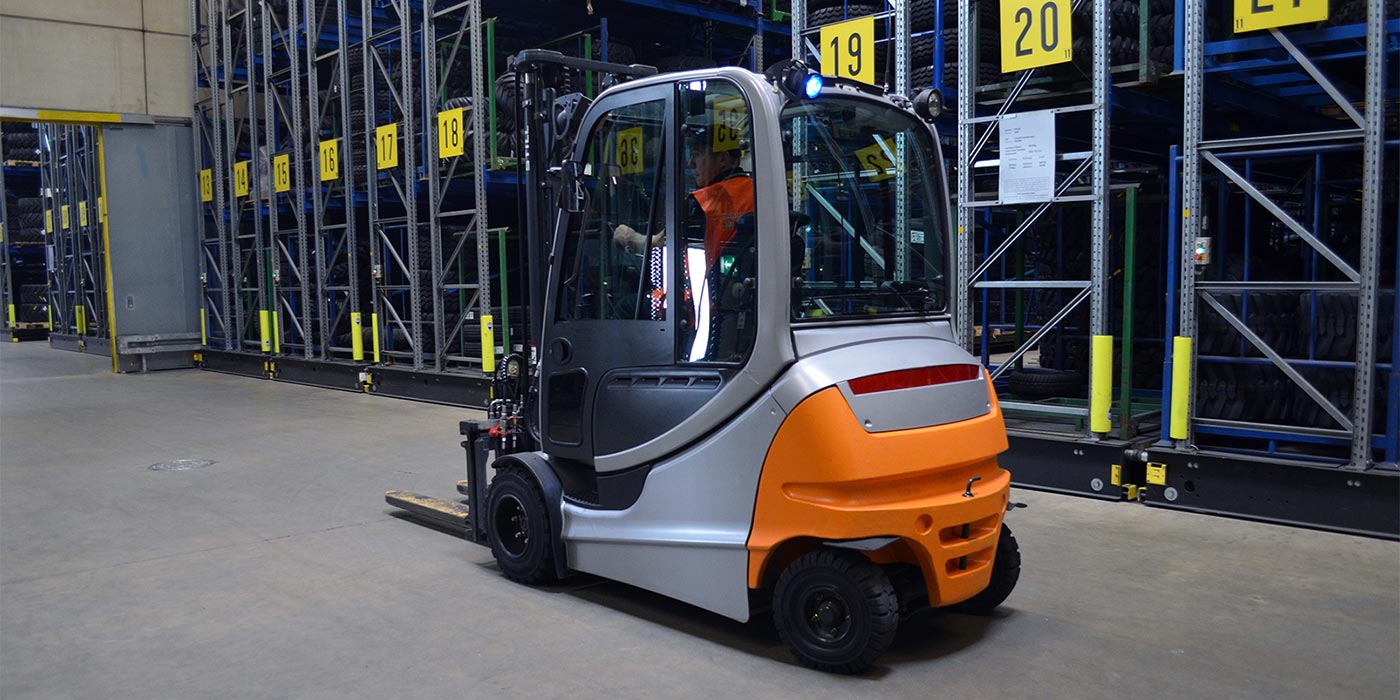For most companies, the single largest expense is employee benefits. Often, companies will consider that to include wages, bonuses, commissions, healthcare, and 401(k) programs. But what about the costs of keeping your largest investment safe and properly trained – not to mention, the costs of attracting and retaining the best possible talent?
A long-emerging and alarming trend in the tire industry has been trying to find enough qualified and dependable tire and service technicians. And while some work is being done to encourage the next generation of employees to enter the tire industry, demand for tire and service techs is forecast to increasingly exceed the available supply.
This is particularly true for the farm tire segment, which tends to be more labor intensive than other segments of the industry, despite impressive advances in service truck capabilities.
Harry’s Farm Tire Service, headquartered in Wheatland, Iowa, was founded in 1963 by Harry Rowold. Today, the company also operates two locations in Illinois and is one of the most successful farm tire dealers in the U.S. Service manager Tony Liberio likens the ag tire segment to OTR tires in some ways because of the trend towards larger tires capable of carrying more weight while maintaining relatively low soil compaction.
“One of the biggest challenges is tire sizes,” says Liberio. “They’ve gotten so large. A crane truck is a must to keep workers’ comp claims down. Changing some of the heavy ply tires has gotten so difficult. A 28L26 on a manure tank or sprayer tires, for example. Some of these tires have a 3-inch wide bead. They’re a heck of a challenge.”
A byproduct of this increasingly difficult work is keeping qualified and dependable service techs in the driver’s seat of the service trucks.
Cooperative Producers Inc. is a successful regional cooperative based in Hastings, Neb. CPI operates 16 tire and service locations throughout Nebraska, several of which offer on-the-farm service. According to operations manager Dave Nall, personnel limitations have even started to impact the strategic direction of the company.
“It’s more difficult to find good, hard- working employees,” says Nall. “We’re even minimizing the number of service trucks we have on the roads and in the fields because we can’t find enough good people. We’re just not replacing some of our older trucks now as they wear out.”
Despite operating in America’s agricultural heartland, finding the right personnel has also plagued Harry’s.
“Hiring qualified techs is a major difficulty. I’ve got six trucks and three qualified techs to put in them,” says Liberio.” I think it’s a generational thing. There aren’t many people anymore who want to get their hands dirty. We’ve tried everything and it’s been really tough. It helps if you have a farm kid who knows what a tractor is.”
About a two-hour drive northeast of Wheatland, Iowa, is a sleepy town in Illinois called Lena. The population is 2,912 and it’s home to Corp Tires. The third-generation tire company owned by Tim Corp maintains a pragmatic approach to servicing its customers.
“It’s just me and my dad who run the service trucks. We rely on common sense,” says Corp. “My good customers have my cell phone number. We’re available 24/7 during harvest for my big customers.”
And that attention to service is a big deal. Even the highly engineered ag tire segment is at risk of product commoditization. But remarkable customer service on the phones, in the shop, and on the farm can be a quantifiable competitive advantage.
“Service, service, service. You’re only as good as your people in your service trucks,” says Liberio. “They’re your face in front of the farmer and the most important people for any farm tire dealer. The service tech needs to do their job properly and not lose their cool.”
Becoming a problem-solver also helps leading farm tire dealers become a trusted business partner for their farmer customers in the fields. In fact, there are several reputable and worthwhile training programs available for farm tire dealers.
Industry Education
The Tire Industry Association offers an industry-leading basic farm tire service (FTS) training program that includes 11 modules. The program was introduced in 2014 and has trained a total of 283 farm tire technicians to date, according to TIA’s website. The 2014 training was hosted in Great Bend, Kan., while 2015 training events took place in Maquoketa, Iowa, and Gothenburg, Neb.
“It’s definitely a worthwhile time investment for ag tire dealers who are serious about servicing farm tires,” says Jon Schadl, a TIA board member and vice president of sales at K&M Tire, an Ohio-based tire distributor. “The FTS training touches on everything from tires and wheels to operating the service truck and installing liquid ballast.”
According to Christine Hoogenboom, TIA’s director of training, there are two FTS programs slated for 2016, both of which will be hosted at Stellar Industries’ headquarters in Garner, Iowa. The first will be on July 12-14 and the second program is scheduled for Aug. 16-18.
Meanwhile in Columbiana, Ohio, Bridgestone Americas’ ag tire division plays host to dozens of the top farm tire dealers each year for its Firestone University training program. The program is a three-day course led by Firestone instructors and will be hosted in July and August 2016, according to product development manager David Ashby.
The goal of Firestone University is to maintain the quality of the Certified Firestone Farm Tire Dealer network and the critical service needs of today’s agriculture, forestry and construction industries. The training program demonstrates Bridgestone’s support of farm tire dealers and its commitment to the customers they serve.
“I’ve been to Firestone University and they give you a big sheet of solutions to help farmers,” says Corp.
Aside from understanding the basics of service, being a product expert can be a competitive advantage, as well.
“Product knowledge is fundamental,” says Liberio. “Be smart about the new tire technology although it doesn’t arise as much as it has in the past five years. Don’t let that new technology overshadow the basics. Do what you can to help the farmer with his costs rather than trying to upsell him to new technology. Be their problem solver and do it with a smile.”
CPI is beginning to put more emphasis on its small vehicle service business and focusing more on passenger and light truck tires and brake work.
“Part of the motivation is to decrease our overhead,” says Nall. “Full service technicians are very expensive to keep. We’re sticking to what we do well.”
Workers’ Comp Consequences
And what about the bottom-line benefits of this training for tire dealers? Properly trained service technicians are more likely to work safely, which has a positive net effect on another major cost to tire companies: workers’ compensation.
For many companies in the tire industry, workers’ comp has become an increasingly significant expense. The costs of workers’ compensation programs largely falls on individual businesses, which should come as no surprise to most tire dealers, especially given how labor intensive our industry is. The interesting part is that tire dealers in some states don’t need to shoulder this responsibility on their own.
In recent years, workers’ compensation programs have been successfully privatized. There are four states that rely on entirely state-run programs for workers’ compensation: North Dakota, Ohio, Washington and Wyoming. Many other states maintain state-run funds but also allow private insurance companies to insure employers and their employees, as well.
For example, according to its 2014 annual report, the Ohio Bureau of Workers’ Comp has been so successful that it provided more than $1 billion in rebates to nearly 200,000 businesses in the state and even decreased base rates by 6.3% in fiscal year 2014. What’s more, it more than tripled its funding of the Safety Intervention Grant Program, which awarded nearly $15 million to Ohio employers looking to purchase safety equipment aimed at reducing workers’ compensation expenses and keeping Ohio employees safe.
Certainly not all state-run programs are quite as successful, but Ohio seems to have a workers’ comp program worth modeling.
Perhaps another option for tire dealers looking to decrease workers’ comp expenses is a professional employer organization (PEO). A PEO is a firm that provides a service under which an employer can outsource employee management tasks, such as employee benefits, payroll and workers’ compensation, and safety management.
According to Business News Daily, the best overall PEO for 2015 was XcelHR (www.xcelhr.com) while Best Employment Solutions Team (www.bestpeo.com) took top honors in the very small business category. Automatic Data Processing and Paychex are also two of the more popular PEO’s in the U.S.
Although faced with a multitude of challenges and a volatile business climate, successful farm tire dealers can succeed by focusing on hiring and retaining a team of great people, most notably the folks behind the service truck boom. Investing in industry-leading training from TIA and tire manufacturers will ensure your people are properly trained and working safely.
Meanwhile, mitigating risks and keeping a close eye on workers’ comp expenses is imperative for any successful farm tire dealers’ bottom line.

